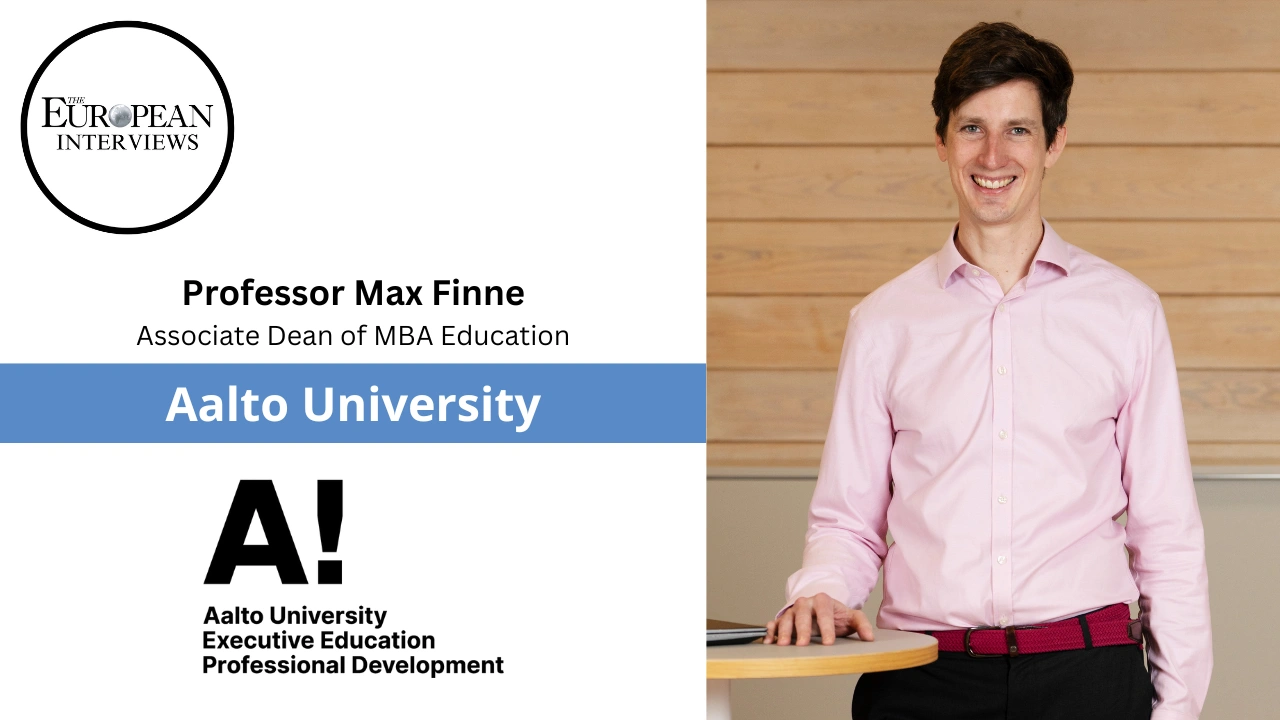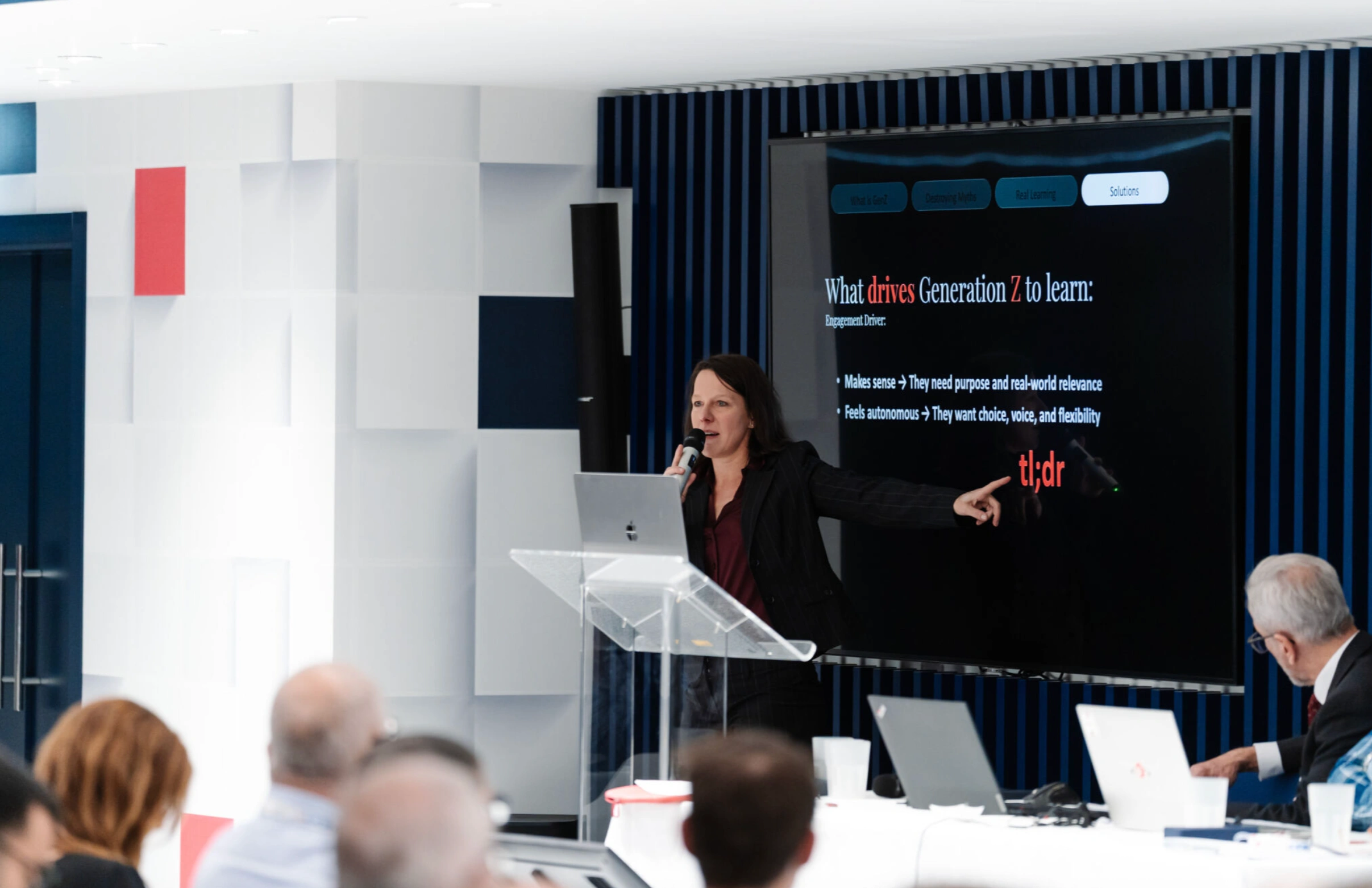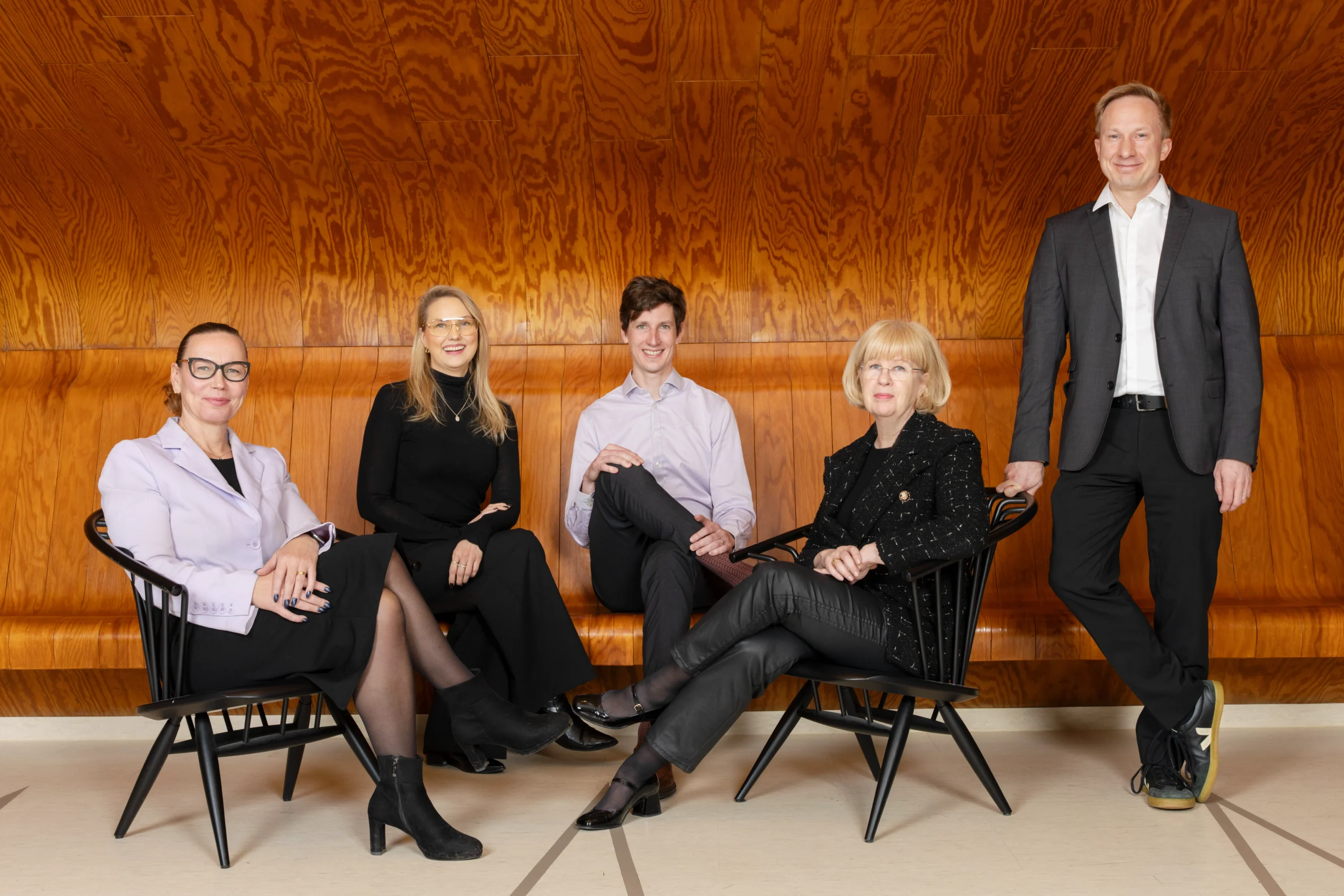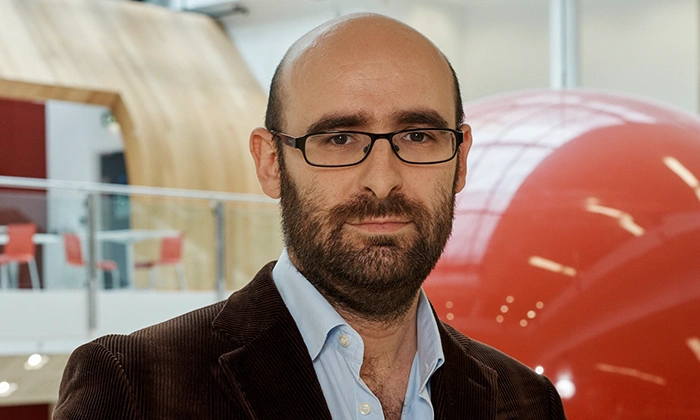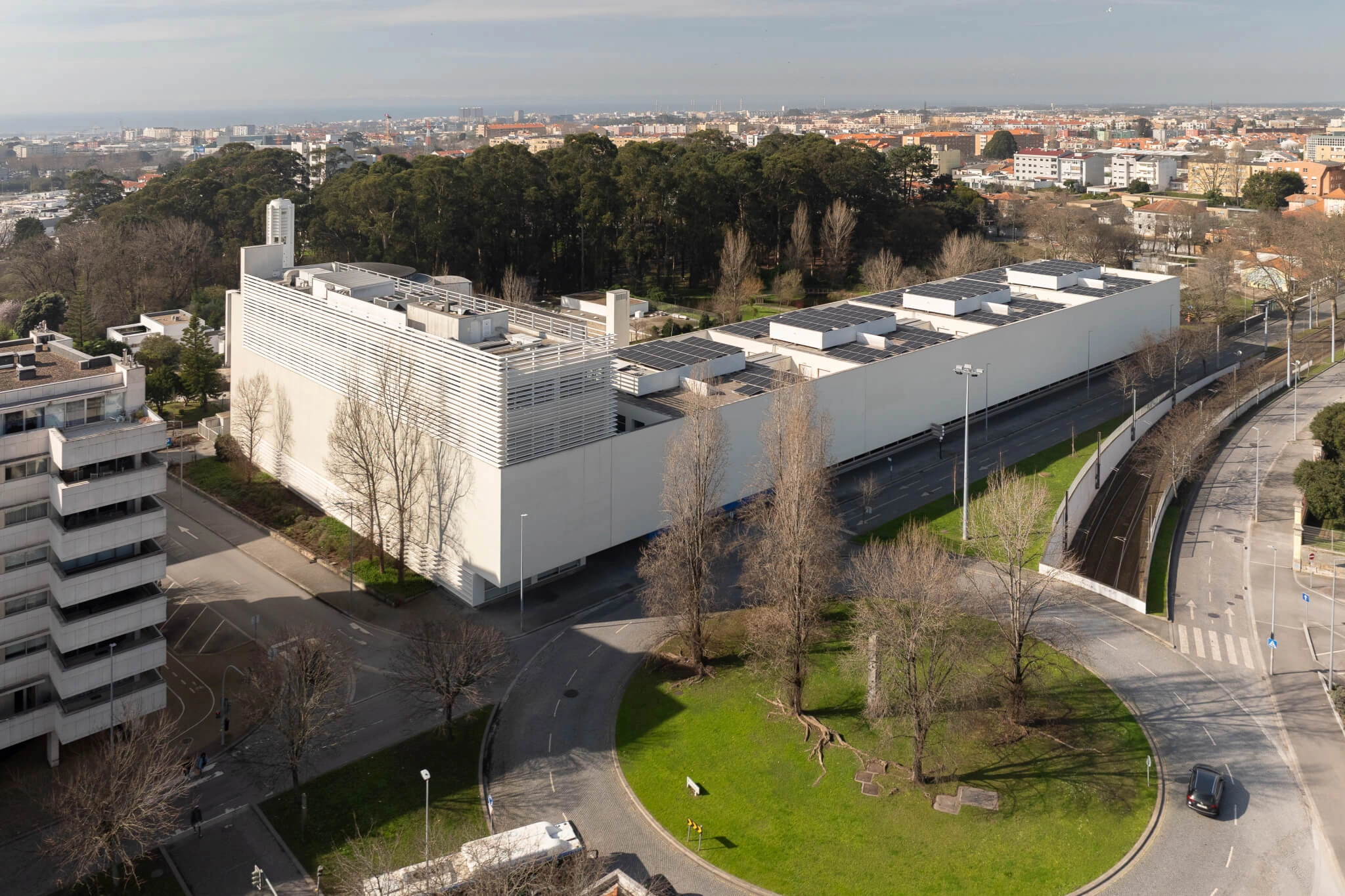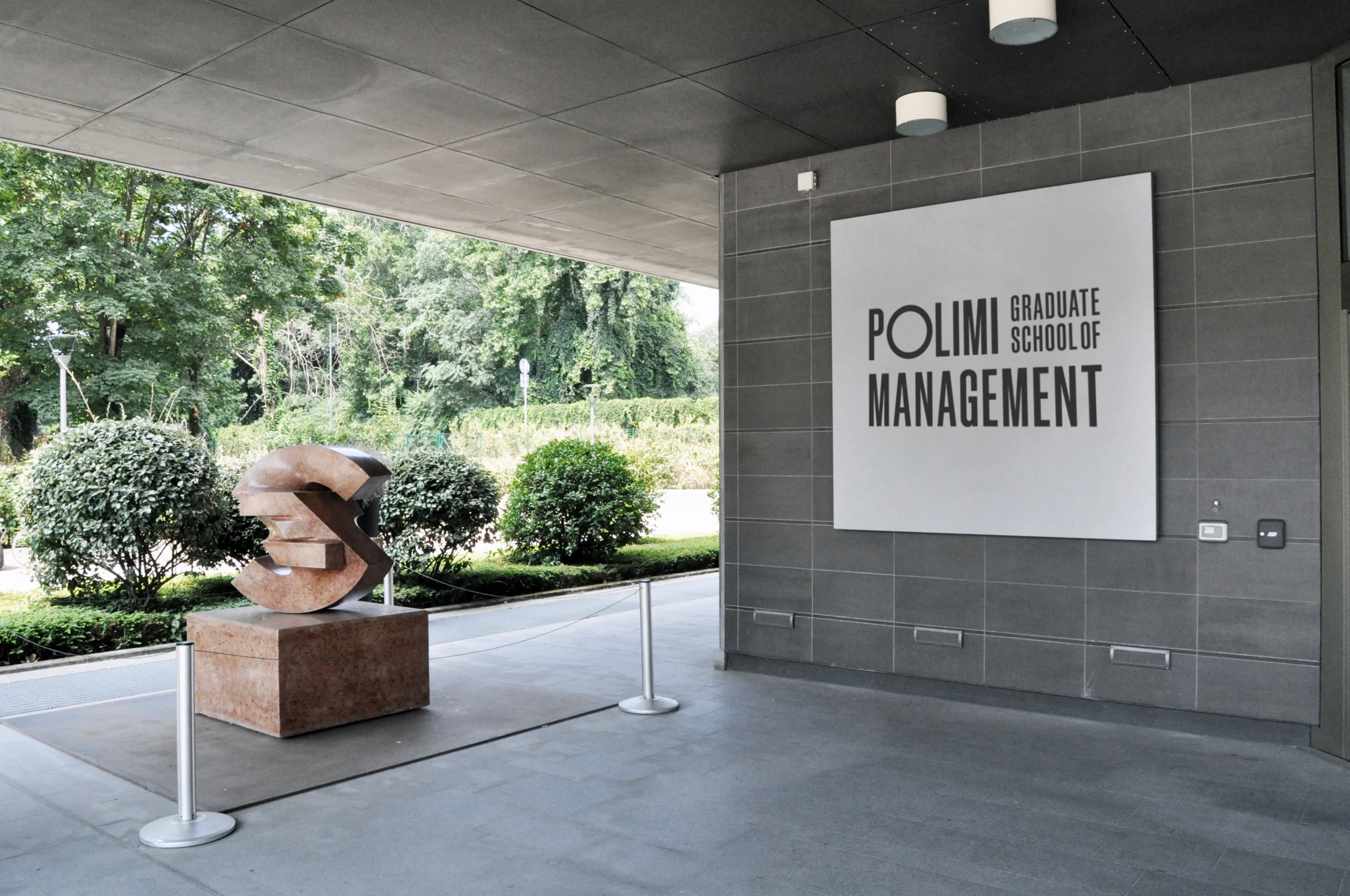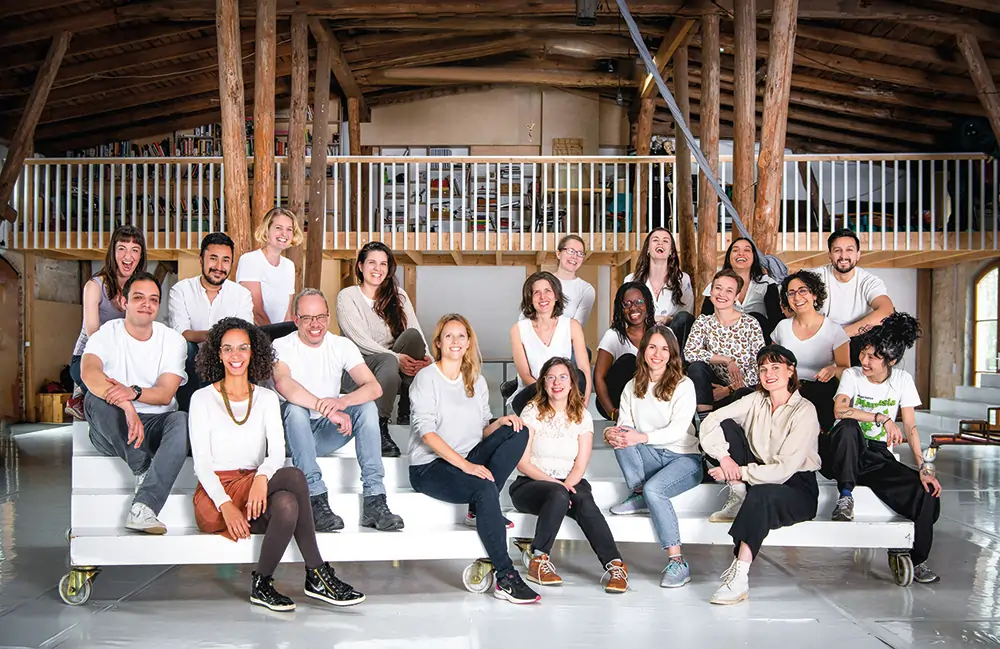Building resilience from uncertainty

John E. Kaye
- Published
- Executive Education, Home

Delivering strategic transformation in the aftermath of Covid-19 will not be straightforward, but the results will be worth it
The Covid-19 global pandemic has forced organisations around the world to deliver rapid digital transformation programmes to maintain some sense of “business as usual”. But as governments shift focus from fiscal support during lockdown to the recovery phase, leadership teams will need to look to longer-term strategic transformation to position their organisations as competitive and resilient operations to survive in the new normal.
But how can leaders plan for strategic change without knowing what the new normal looks like? According to Elk Ridge Advisory, leadership teams should not overlook the fundamentals of change and war-game for potential futures to build strategic resilience.
Elk Ridge Advisory is a global strategy firm that works with clients to unlock global growth and create value. Managing Director Brendon Vipond states: “In the beginning, there was certainly a great interest in digital transformation initiatives. However, as the government response plans have matured, we are seeing a steady increase in clients seeking advice on how to manage strategic transformation in an ongoing crisis with no clear pathway to exit.” He added that “strong leadership teams will rely on the fundamentals of change, utilise scenario planning to build strategic fortitude, and use agile teams to leverage new opportunities the crisis may present”.
Remember the fundamentals of change
Mr Vipond continues: “The fundamentals of change matter more than ever. Act early, create a sense of urgency in the organisation, convince as many managers in the organisation as possible that it is a choice between change or failure. You cannot lead change unless you bring your people with you. It is imperative to get their buy-in before you do anything else.” He also added that in the early stages of an organisational crisis, leadership teams often downplay the seriousness of the issues. “Don’t bury your head in the sand. As free cash dries up, so do your options. We have witnessed many boards deny the severity of the underlying issues in the business and, by the time they accept the scale of the problem, it is often too late.”
The other fundamental element to successful strategic transformation is to understand the importance of a meaningful vision. Mr Vipond added: “It is crucial to create a meaningful vision; it drives the change. There is no point changing strategic priorities if no one knows what the ultimate goal is. A vision provides everyone with focus and direction. Absence of a meaningful vision is at the heart of why many transformations fail.”
Build strategic fortitude
One challenging issue facing leadership teams is how to undertake major strategic transformation in response to the crisis in a new environment that has many uncertainties and many distinct possible operating dimensions. According to Mr Vipond: “Leaders should use scenario planning to build strategic foresight. War-gaming can help anticipate multiple realities and build resilience into the transformation plan, future-proofing the organisation from subsequent adverse scenarios. This is strategic transformation born out of plausible but hypothetical scenario planning.”
Mr Vipond continued: “We have worked with organisations to facilitate war-gaming to build strategic fortitude. We build teams made of up people across the business to imagine 10-15 plausible future crisis scenarios over the following 20 years. We then edit them down to the five most distinct scenarios, or ‘futures’. We then assign a future to each team, and over a series of sessions have them devise and pressure-test strategies that would allow the organisation to thrive.” The strategies that consistently reoccur across different teams are built into the transformation plan. Mr Vipond says this approach can be enhanced to plan around the various potential Covid outcomes to shape strategic fortitude of the organisation.
Look for the silver lining
While there have been some dark moments during the pandemic, don’t ignore the potential for new opportunities. Mr Vipond concludes: “Undergoing strategic transformation in reaction to a crisis doesn’t have to be all downside. It can be a once in a cycle chance to identify new opportunities. These could be new market segmentations, new product enhancements, even leveraging off a competitor’s weakness. There are many silver linings should you know how to look for them. And when you do, build agile teams to develop, deploy and refine new products quickly. We have seen several businesses successfully apply this approach to quickly develop new products to match the demands created by the crisis.”
Further information
RECENT ARTICLES
-
 Hannu Tihinen on strategy, leadership, and the value of an EMBA
Hannu Tihinen on strategy, leadership, and the value of an EMBA -
 European MBAs adapt to AI as Aalto overhauls executive education
European MBAs adapt to AI as Aalto overhauls executive education -
 From dialogue to action: how emba X prepares leaders for a new era of responsible innovation
From dialogue to action: how emba X prepares leaders for a new era of responsible innovation -
 How Europe can learn faster: turning AI into safer, smarter adult training
How Europe can learn faster: turning AI into safer, smarter adult training -
 Aalto EE launches Aalto Tech EMBA to equip executives for digital transformation
Aalto EE launches Aalto Tech EMBA to equip executives for digital transformation -
 Supply chains are being remade. Leadership must be too
Supply chains are being remade. Leadership must be too -
 Why the real barrier to AI success sits in the boardroom
Why the real barrier to AI success sits in the boardroom -
 ETH Zurich and the University of St.Gallen redefine executive education with emba X, a new model of responsible leadership
ETH Zurich and the University of St.Gallen redefine executive education with emba X, a new model of responsible leadership -
 Why leadership is the strongest defence in South Africa’s schools
Why leadership is the strongest defence in South Africa’s schools -
 Porto Business School launches executive programme on AI strategy
Porto Business School launches executive programme on AI strategy -
 POLIMI Graduate School of Management strengthens global reputation in MBA and master’s rankings
POLIMI Graduate School of Management strengthens global reputation in MBA and master’s rankings -
 Trinity Business School strengthens standing in global MBA rankings
Trinity Business School strengthens standing in global MBA rankings -
 Meet the class of 2025… and their children. Why mid-life university learning is on the rise
Meet the class of 2025… and their children. Why mid-life university learning is on the rise -
 University of Michigan launches executive programme for chief data and AI officers
University of Michigan launches executive programme for chief data and AI officers -
 International education: A vision for global citizens
International education: A vision for global citizens -
 How to create lasting social change? Build a community
How to create lasting social change? Build a community -
 Tomorrow’s world needs Dyslexic Thinking
Tomorrow’s world needs Dyslexic Thinking -
 Why family therapy is the best investment you can ever make
Why family therapy is the best investment you can ever make -
 How EQ can give us the edge over AI
How EQ can give us the edge over AI -
 A true root and branch approach
A true root and branch approach -
 It's fine to say you're not ok
It's fine to say you're not ok -
 Are you willing to change with your organisation?
Are you willing to change with your organisation? -
 Emerging markets: Online learning for women unlocks economic potential
Emerging markets: Online learning for women unlocks economic potential -
 A programme of urgent importance
A programme of urgent importance -
 Why progress is not parity
Why progress is not parity


